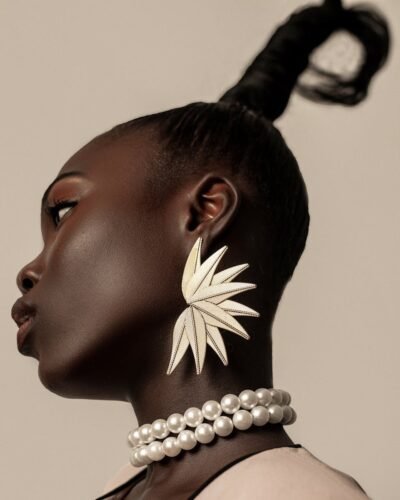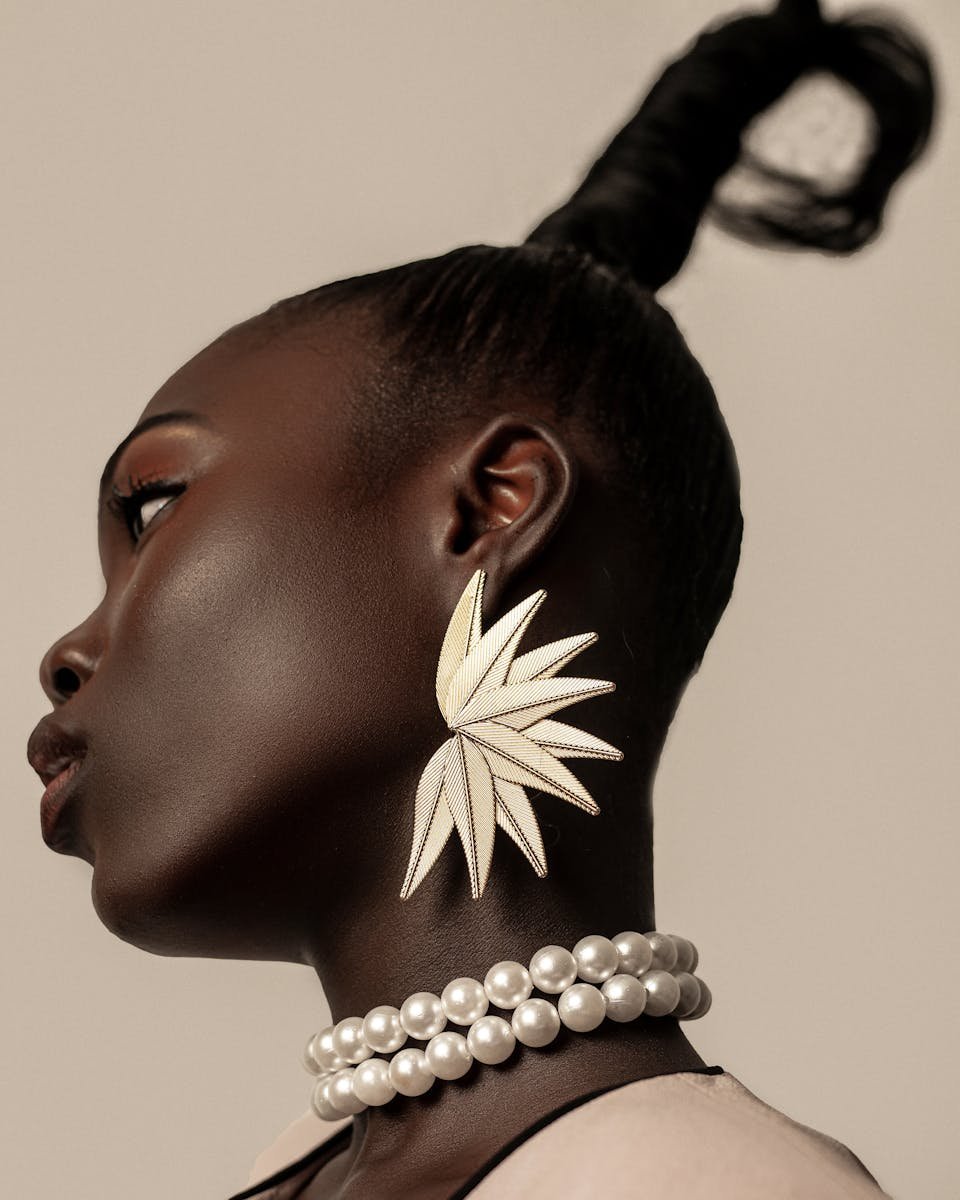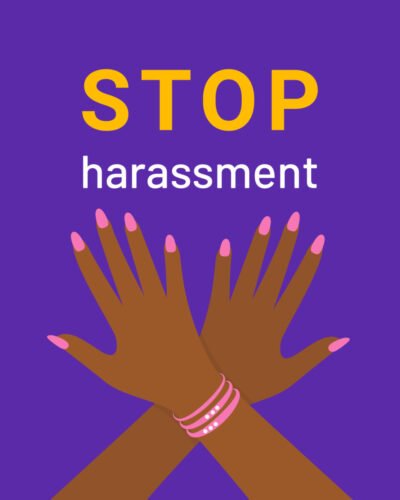Let’s be real for a moment. You are not automatically colorist for disliking a dark-skinned Black woman artist. We all have tastes, preferences, and d
 Let’s be real for a moment. You are not automatically colorist for disliking a dark-skinned Black woman artist. We all have tastes, preferences, and different values when it comes to music, art, or personality. That’s human.
Let’s be real for a moment. You are not automatically colorist for disliking a dark-skinned Black woman artist. We all have tastes, preferences, and different values when it comes to music, art, or personality. That’s human.
But.
There’s a deeper conversation that must be had about how we publicly express that dislike—especially when we don’t keep the same energy for white artists or even lighter-skinned Black women.
Here’s Where It Becomes a Problem
It becomes colorist when you:
Go out of your way to speak negatively about her every time her name is mentioned,
Join the chorus of takedowns when she’s trending for anything other than her work,
Make her skin tone, facial features, or body part of the punchline,
Or pretend it’s just about her “attitude”, when really, you don’t scrutinize or villainize others in the same way.
You might not even notice it, but you’ve been conditioned.
Conditioned to believe that dark-skinned women must be extra likable, extra humble, extra grateful, extra talented—and still, that won’t always be enough.
Dislike Isn’t the Issue. Obsession Is.
Let’s unpack this:
When a white woman artist puts out subpar work or says something questionable, you might roll your eyes, shrug, and move on. But when a dark-skinned Black woman does it? You might suddenly feel called to write a 3-paragraph think piece in a comment section.
You might feel compelled to remind the internet—yet again—why you’ve never liked her.
That’s not just preference. That’s a pattern.
And patterns reveal deeper truths than intentions ever could.
Ask Yourself:
Do I criticize this artist more harshly than others who’ve done worse?
Do I keep rehashing my dislike long after it’s relevant?
Do I give grace to other artists, but not to her?
- Do I ignore other artists I don’t like but suddenly become very vocal about my dislike of her?
Do I feel oddly satisfied when others attack her too?
Let’s Be Honest—Colorism Is Subtle, But It’s Loud in Impact
You may not be trying to tear down all dark-skinned women, but when you keep feeding the machine that already targets them, you’re participating—whether you mean to or not.
You’re reinforcing the idea that dark-skinned Black women can never just exist.
They can’t win. They can’t mess up. They can’t be unbothered. They can’t be excellent without suspicion.
They must always be “humble,” quiet, sweet, soft—but not too soft, because then they’re “boring.”
Not too confident, because then they’re “arrogant.”
It’s exhausting. And it’s unfair.
 So What Can You Do Instead?
So What Can You Do Instead?
Hold your opinions, but ask why they feel so urgent to share—especially if they add to harm.
Be as critical of whiteness and/or mediocrity as you are of Black women’s success.
Choose silence when your words don’t contribute to healing or accountability.
Celebrate what you do love without always needing to tear someone else down.
Uplift dark-skinned Black women without conditions.
- Avoid accusing dark-skinned Black women who use their talents to crash through obstacles of being “industry plants”. Notice that this isn’t done with fair skin women, especially those who choose to be more sexually suggestive.
Disliking a dark-skinned Black woman artist may not make you colorist. Maybe.
But contributing to the nonstop, often vicious pile-on?
Ignoring how different your tone is when the artist isn’t Black or dark-skinned?
Never examining that reflex to critique certain people more loudly than others?
That just might be. So, people seeing are not wrong to wonder.
So sit with it. Not with shame, but with awareness.
Because real change begins when we care enough to ask ourselves better questions.

 So What Can You Do Instead?
So What Can You Do Instead?